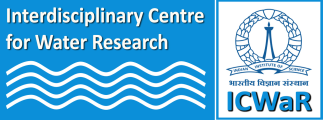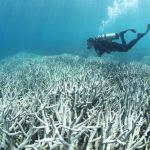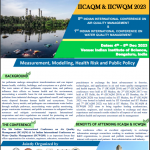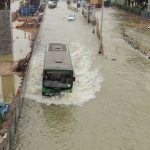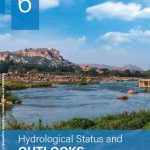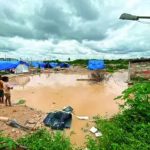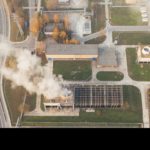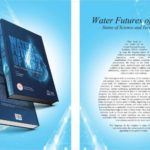A micrometeorological perspective into wildland fire dynamics
Name of the Speaker: Dr. Tirtha Banerjee
Title of the Seminar: A micrometeorological perspective into wildland fire dynamics
Date and Time: 27th December 2023 (Wednesday), 10:30 am
Online Platform: MS Teams (link to the video of the seminar)
About the Speaker: Dr. Tirtha Banerjee is an Associate Professor at the Department of Civil and Environmental Engineering, University of California, Irvine. He received his B.E. degree in Civil Engineering from Jadavpur University (Calcutta, India) in 2011 and his Ph.D. in Environmental Science from Duke University (Durham, NC, USA) in 2015. After conducting postdoctoral research at Karlsruhe Institute of Technology (KIT) in Germany and Los Alamos National Lab (NM, USA) as a Chick Keller Postdoctoral Fellow in climate science and subsequently, as a Director’s Fellow in atmospheric sciences, he joined UC Irvine in the fall of 2019, where he was an Assistant Professor till the fall of 2023. Research in the Boundary Layers and Turbulence (BLT) Lab led by Prof. Banerjee involves environmental fluid mechanics, biosphere-atmosphere interaction, and wildland fires using a range of theoretical, numerical, and experimental techniques. He was recently awarded the NSF CAREER Award to conduct research on the role of turbulent fluid dynamics in wildland fire behavior. He currently serves as an Associate Editor for the Journal of Applied Meteorology and Climatology (AMS), and Earth Systems and Environment (Springer); as an Editor for Agricultural and Forest Meteorology (Elsevier); as well as an Editorial board member for Scientific Reports (Nature). Prof. Banerjee also serves on the Science Advisory Panel of the Fire and Forest Resilience Task Force in the State of California and was recently Elected Vice-President of the Coupled Land-Atmosphere Systems (ICCLAS) Commission of the International Association of Hydrological Sciences (IAHS).
Abstract: Fire suppression activities in the past few decades in North America have led to higher fuel accumulations, which coupled with shifting hydroclimatic patterns has led to an increase in frequency and severity of wildland fires. Prescribed fires and fuel treatments such as mechanical thinning are deemed to be effective tools to manage fuel loads and establish a higher degree of control over landscape management and restoration against catastrophic megafires. However, assessing the effectiveness of fuel treatments is rendered complicated due to several factors such as wind, fuel moisture, and fire-atmospheric interactions at the fine scales. The present work explores these issues by using physics-based simulations and data analysis from novel experiments while varying the degrees of fuel treatments and fuel moisture, as observed during different stages of fuel management. Systematically varying these parameters yield widely different fire behavior patterns. Detailed analyses on turbulent heat and energy exchange are conducted to understand the fundamental processes governing varying regimes of fire intensity, fire spread, ember transport, and fuel consumption under different conditions of fuel moisture and treatment. The conclusions are generalized to highlight the importance of considering vegetation response to hydrometeorological events, coupled with fine-scale fire-atmosphere interactions while managing wildland fire behavior. On the other hand, wildland fires themselves are characterized by their own weather which is driven by both shear and buoyancy-driven turbulence. They also act as a local source for scalars, namely greenhouse gases (such as carbon dioxide and water) and soot particles as resultants of the ignition process. In this talk, we will explore the complex turbulent dynamics of wildfire propagation using the tools of micrometeorology. Insights into the energetics of turbulent exchange processes during fire propagation will lead to a better understanding and improved models for wildland fire behavior.
Date/Time
Date(s) - 27/12/2023
10:30 am - 11:30 am
